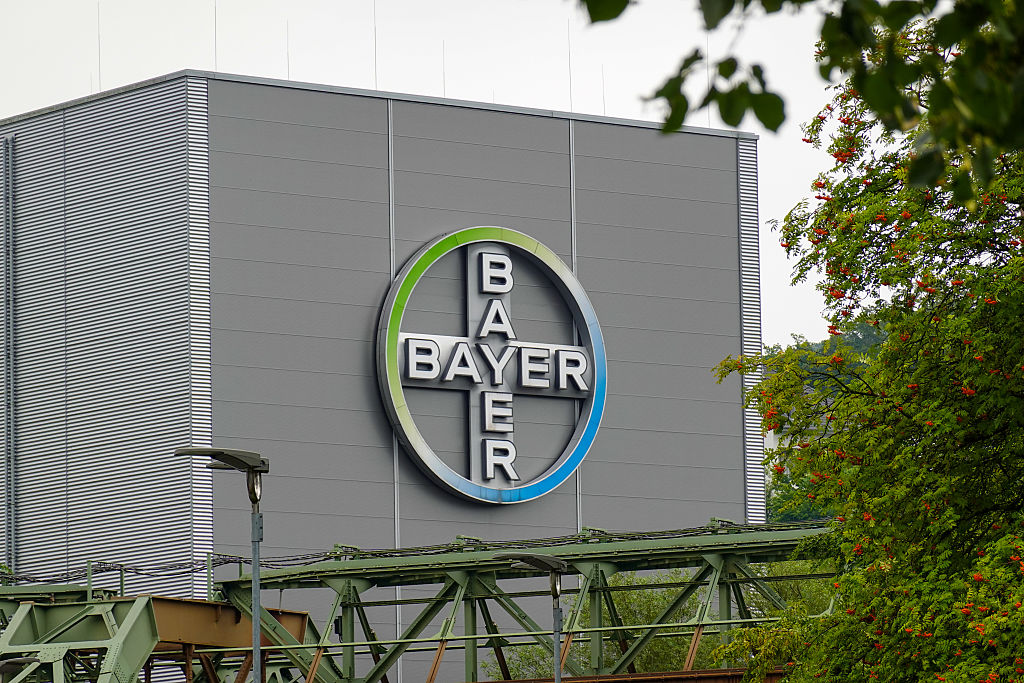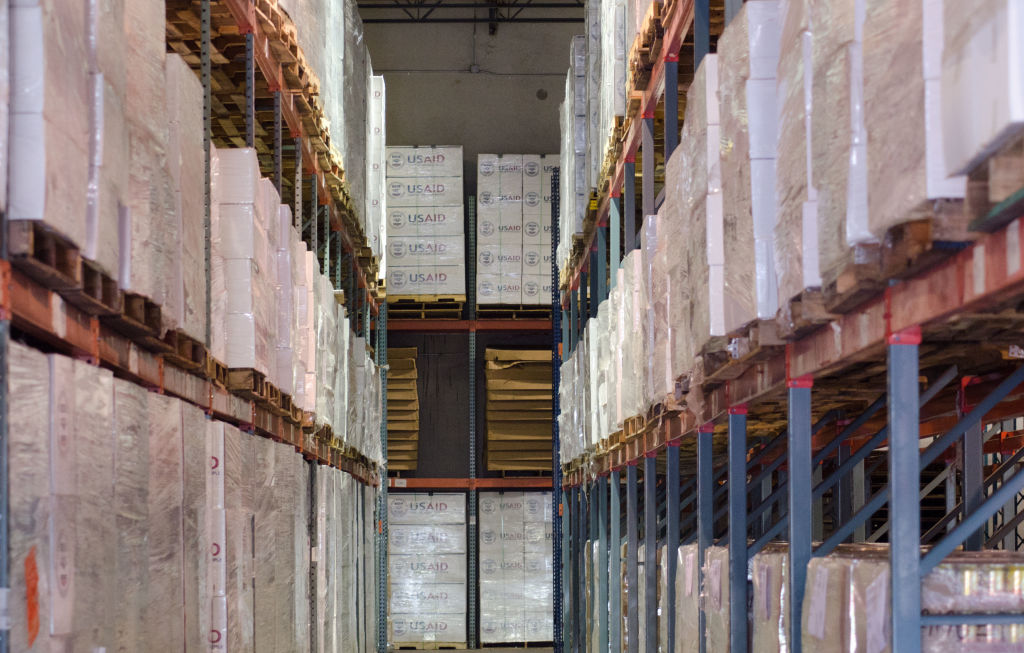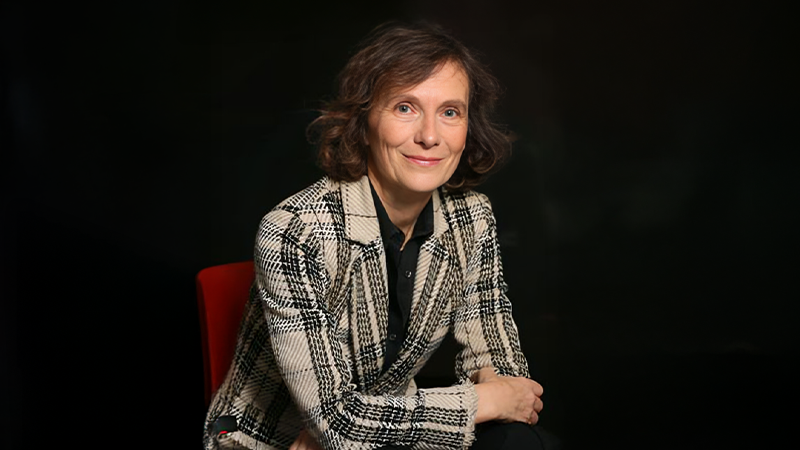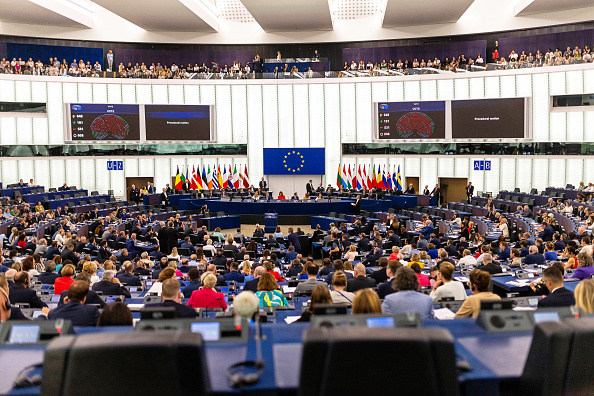Europe’s moment to lead on Type 1 Diabetes Early Detection
On 4 November, the European Diabetes Forum (EUDF) and EDENT1FI (European Action for the Diagnosis of Early Non-clinical Type 1 Diabetes for Disease Interception) convened experts, policymakers, people living with diabetes and industry partners to discuss how early detection can transform the future of Type 1 Diabetes (T1D) care. The event was hosted by MEP Stine Bosse at the European Parliament in Brussels, under the auspices of the Danish Presidency of the Council of the EU.

We are witnessing a transformation in how T1D is diagnosed and managed. Our ability to detect the disease earlier, and intervene before symptoms appear, is improving rapidly. Over recent years, organisations now working within EDENT1FI have advanced research and accelerated progress in early detection.
Historically, such initiatives focused on individuals with a family history of T1D, even though 90% of new cases occur in people without an immediate relative with the disease. In countries where screening is not yet widespread, starting with families affected by T1D can be a strategic first step – but the ultimate goal must be population-wide screening.
The Fr1da study in Bavaria, coordinated by Prof. Ziegler (Helmholtz Munich), pioneers population-wide screening for islet autoantibodies through routine paediatric care, and has recently expanded to the Hesse and Rhineland-Palatinate regions. Its success has inspired similar initiatives across Europe yet harmonisation, consistent evaluation and a coordinated strategy for early-stage T1D are still lacking.
That is the purpose of EDENT1FI. As an IHI-initiative, it aims to screen 200,000 children and adolescents across Europe, assess the impact of screening, and develop guidance for sustainable implementation within healthcare systems. Among its partners is DiaUnion, a Danish–Swedish collaboration recognised for its integrated screening approach for T1D, coeliac disease, and autoimmune thyroid disease.
The Danish Presidency’s decision to support the EUDF-EDENT1FI event sends a strong political message: early detection of T1D is no longer just a clinical ambition but a European population health priority. The discussion in Brussels brought together leading voices from research, healthcare, advocacy and industry – united around a shared goal: to make early detection of T1D an integral part of care across Europe. Turning this momentum into policy is now key to shaping the next generation of diabetes care – one built on prevention of disease progression and timely intervention.
The T1D challenge: diagnosing too late closes the window for early intervention
Type 1 Diabetes is an autoimmune, lifelong disease that can develop at any age, often without family history. According to the International Diabetes Federation, the European Region – covering EU Member States and neighbouring countries – has the highest number of people living with T1D (2.7 million), 15% of whom (around 419,000) are under 20. In 2024, an estimated USD 193 billion was spent on diabetes across the region, representing 19% of global diabetes-related health expenditure.
Too many people are still diagnosed late, at stage 3, when the risk of life-threatening complications such as diabetic ketoacidosis (DKA) and hospitalisation is highest. Late diagnosis worsens health outcomes, causes emotional distress and drives higher long-term healthcare costs – closing the window for early intervention.
Momentum around early detection of T1D is growing across Europe
Scientific progress is redefining what is possible for people at risk of T1D. Screening for T1D-associated autoantibodies can detect the disease months or even years before symptoms appear, supported by standardised medical coding (ICD-10 and SNOMED codes). When combined with systematic monitoring and education, screening can reduce hospitalisations, ease pressure on health systems, and improve long-term patient outcomes. Crucially, it also gives families the time and psychological space to prepare for a life with T1D.
As Michaela Mervartová, a person living with diabetes, shared during the event: “If I had been screened, my family and I would have had precious, valuable time to process this life-altering news. It is a huge privilege to face such a downfall while you are still healthy.”
Leading international organisations, including the American Diabetes Association (ADA), the International Society for Pediatric and Adolescent Diabetes (ISPAD), and Breakthrough T1D have recognised the value of screening in their guidelines. A broader international consensus on screening is now within reach, as reflected during this year’s Annual Meeting of the European Association for the Study of Diabetes (EASD) in Vienna.
Across Europe, screening programmes are expanding. Within EDENT1FI, Poland has extended testing to Katowice and other Silesian sites, and nearly 20,000 children have already been screened in Warsaw. In Portugal, the Portuguese Diabetes Association (APDP) has already screened over 9,000 individuals, reflecting strong engagement from families, healthcare professionals, and local communities. In Czechia, over 15,000 children have been screened in just 15 months at University Hospital Motol. These initiatives are generating valuable evidence on public awareness and cost-effectiveness of T1D screening.
Political commitment is growing too. Italy has led with a national law mandating routine screening for both T1D and coeliac disease in children aged 1–17, now implemented across all 21 Italian regions – setting a precedent for preventive healthcare in the EU.
Innovation is accelerating – but without coordinated policy action, inequities will deepen
Innovative disease-modifying therapies (DMTs) are emerging – some already available in global markets – designed to prevent, delay, or slow disease progression by modulating the immune response – offering the possibility of addressing the disease at its root cause.
Yet health systems risk being unprepared for these innovations if early detection pathways are not scaled beyond pilot projects and embedded into routine healthcare. Many hospitals still lack the infrastructure for screening – from laboratory capacity and registries to integrated electronic records.
The European Diabetes Forum (EUDF) – which unites key diabetes stakeholders across Europe – has called on policymakers to act: introduce early detection through routine antibody screening, prepare healthcare systems and professionals via workforce training and updated care pathways, and to strengthen research and regulatory pathways to enable timely access to innovation.
The call to action: a coherent European strategy
Policy coordination at EU level is critical. Today, funding mechanisms differ, screening protocols vary, and awareness remains uneven among healthcare professionals and the public. Without action, Europe’s progress risks remaining fragmented – and new therapies could widen inequties in access.
As MEP Bosse noted: “When we bring together people with knowledge, lived experience, and political will, we reach a whole new level of action. We can – and should – do more to advance the early detection of Type 1 Diabetes.”
EU institutions and Member States should collaborate to develop a dedicated EU Strategy for Early Detection of T1D, with the aim to:
- Facilitate best-practice sharing and develop EU-level guidance to help countries scale effective approaches
- Drive harmonisation across Member States to guarantee equitable access to early detection and follow-up care
- Secure sustainable funding for national screening programmes, ensuring pilots evolve into long-term, population-level initiatives.
Europe stands at a tipping point. As scientific consensus strengthens, and innovative therapies become available, political momentum must not lose pace. EU policymakers should support Member States in establishing sustainable pathways for implementing screening programmes for early detection of T1D – paving the way for more equitable, evidence-based, and resilient healthcare systems across Europe.
Written by Professor Chantal Mathieu (UZ Leuven, Chair EUDF, Coordinator EDENT1FI), Carmen Hurtado del Pozo (Breakthrough T1D), Professor Emanuele Bosi (San Raffaele Hospital, Milan), Finn Kristensen (DiaUnion), and Professor Jurgen Vercauteren (EDENT1FI Patient Advisory Committee).








